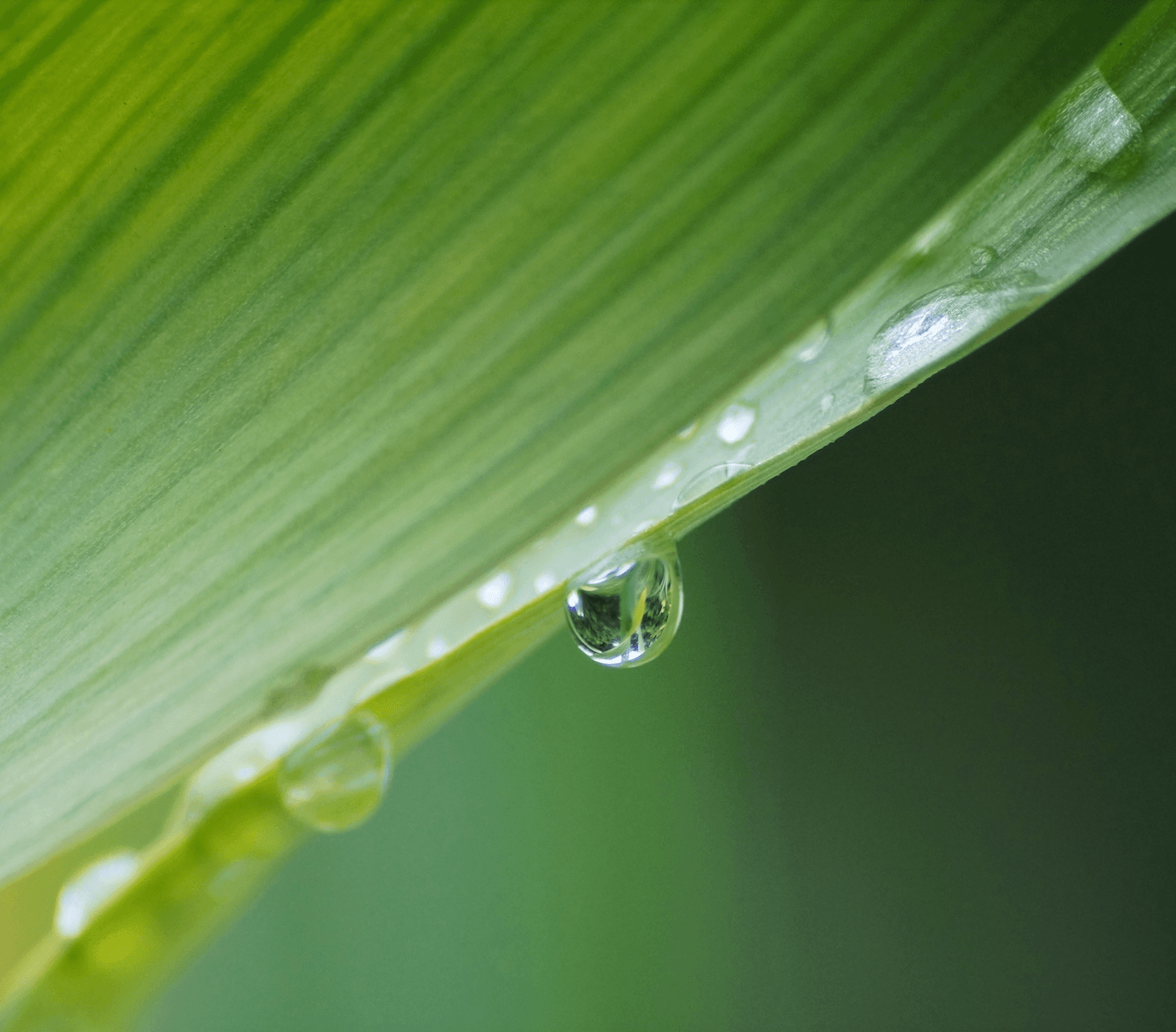
Plantopia uses the therapeutic power of plants, particularly adaptogens and essential oils, to enhance your wellbeing journey, providing support for mind, body and skin from the impact of stress.
Introduction to essential oils
Essential oils are ‘essential’ in the sense that they carry the distinctive scent or essence of the plant they are distilled or pressed from. Plants produce essential oils because they provide a competitive advantage: deterring hungry insects and herbivores; making soil around them toxic to other plants to reduce competition for moisture, light and nutrients; attracting pollinators or preventing disease. Aromatic plants contain different concentrations of essential oils in different parts of the plant. One plant may produce essential oil from flowers like lavender, in resin like elemi, or even flowers, leaves and peel, like the bitter orange.
Concentrated, hydrophobic liquids, essential oils contain volatile aroma compounds from their specific plant source. Volatility describes the tendency of essential oils to convert from liquid to vapor. The warmer a space or skin is, the faster this happens. Volatility creates the fragrance: what you smell are miniscule molecules of vaporised essential oil that have drifted into contact with the olfactory receptors in your nose.
Essential oils are incredibly complex, often made up of hundreds of different components. These active principles of plants include substances like as cineol, fenchone, limonene, menthol, mentone and pinene some of which are present in infinitesimal quantities. This is what makes it so difficult to replicate the aromatics of essential oils synthetically. The complex combination of organic substances that form a volatile oil gives its specific note, which depends on the species, the harvest period, the climate, as well as the part of the plant from which it is extracted. These are the reasons Plantopia takes such care in the sourcing of its essential oils, working closely with the experts in a fragrance house to capture the best of nature in effective, aromatherapeutically inspired fragrances.
Fragrance therapy
Research in the science of smell has shown that fragrances can have an intense impact on mood and our sense of wellbeing. The act of smelling sends impulses from your nose to your brain along a pathway connected to the limbic system – the part of your brain wired to deal with emotions and memories. Estimated to be 10,000 times more sensitive than your sense of taste, your sense of smell is powerful with the potential to be engaged to drive positive impact. Fragrance therapy can enable a sense of rebalance and recuperation for whole-being wellness.
Plantopia’s fragrances are sophisticated, complex blends of essential oils and fragrance actives that link together energy, colour and intention to restore lost balance to mind, body and soul. Each range has its own fragrance identity created by a signature blend of essential oils selected to target stress triggers and symptoms in order to empower you to create mood-altering rituals and practices. Blends anchored by four exquisite, sustainably sourced, stress-busting heroes: balancing Australian sandalwood in Rest & Sleep, harmonising Egyptian geranium in Relax & Calm, stimulating Guatemalan lemongrass in Energise & Uplift and refreshing elemi from the Philippines in Detox & Purify.
Fragrance and memory are intertwined. It’s thought that this is because we ‘learn’ an odour as part of a function of the emotional context in which we first smelled it, inextricably linking the smell and the emotion.
“The olfactory bulbs are part of the limbic system and directly connect with limbic structures that process emotion (the amygdala) and associative learning (the hippocampus). No other sensory system has this type of intimate link with the neural areas of emotion and associative learning, therefore there is a strong neurological basis for why odours trigger emotional connections.”
Rachel S. Herz, an assistant professor of psychology at Brown University in Scientific American
The alchemy of emotion, memory and odour is what makes fragrance such a powerful tool for altering mood, whether it’s creating an atmosphere of calm and tranquillity, easing anxiety, promoting increased alertness and focus or delivering positivity and clarity.
At Plantopia, essential oils help deliver year-round support for ever-changing stress triggers and symptoms, fuelling personal prescriptions for greater wellbeing.
